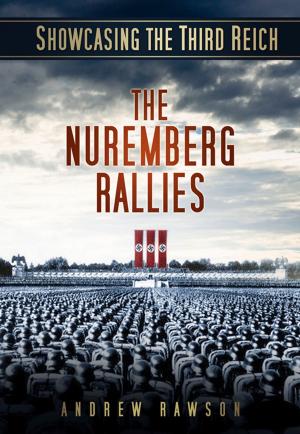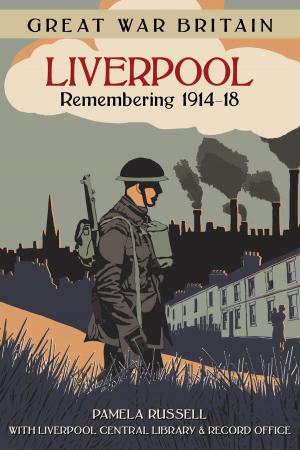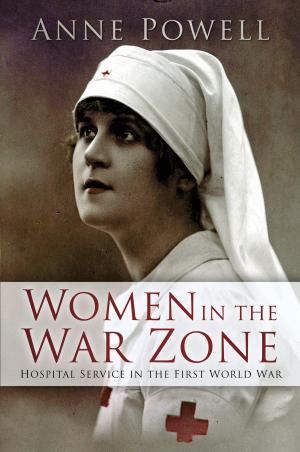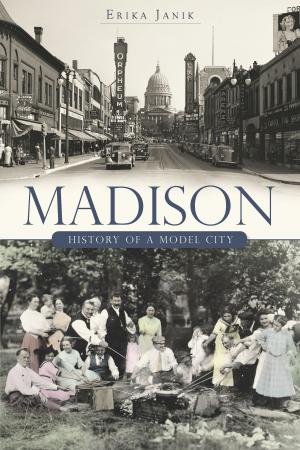| Author: | Maggie Andrews, Jenni Waugh | ISBN: | 9780750969086 |
| Publisher: | The History Press | Publication: | July 4, 2016 |
| Imprint: | The History Press | Language: | English |
| Author: | Maggie Andrews, Jenni Waugh |
| ISBN: | 9780750969086 |
| Publisher: | The History Press |
| Publication: | July 4, 2016 |
| Imprint: | The History Press |
| Language: | English |
The First World War was won not just on battlefields but on the Home Front, by the men, women, and children left behind. This book explores the lives of the people and communities in Pershore and the surrounding district in wartime, drawing on their memories, letters, postcards, photographs, leaflets, and recipes to demonstrate the contribution of food, fruit, and vegetables to winning the Great War. Pershore plums were used to make jam for the troops; but ensuring plums and other fruits and vegetables were grown and harvested required the labor of land girls, boy scouts, schoolchildren, Irish laborers, and Belgium refugees. When submarine warfare became more intense, food shortages occurred and it became vital for Britain to grow more and eat less food. Housewives faced many challenges feeding their families and so in 1916 the Pershore Women's Institute was formed, providing many women with practical help and companionship during some of Britain's darkest hours in history.
The First World War was won not just on battlefields but on the Home Front, by the men, women, and children left behind. This book explores the lives of the people and communities in Pershore and the surrounding district in wartime, drawing on their memories, letters, postcards, photographs, leaflets, and recipes to demonstrate the contribution of food, fruit, and vegetables to winning the Great War. Pershore plums were used to make jam for the troops; but ensuring plums and other fruits and vegetables were grown and harvested required the labor of land girls, boy scouts, schoolchildren, Irish laborers, and Belgium refugees. When submarine warfare became more intense, food shortages occurred and it became vital for Britain to grow more and eat less food. Housewives faced many challenges feeding their families and so in 1916 the Pershore Women's Institute was formed, providing many women with practical help and companionship during some of Britain's darkest hours in history.















